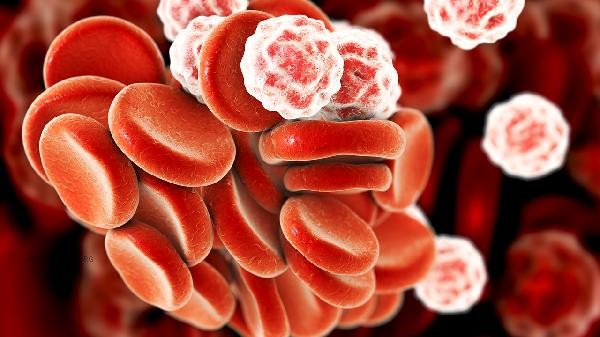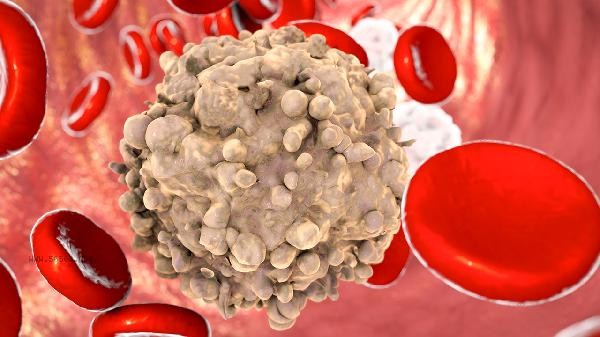Low levels of neutrophils may be caused by viral infections, drug side effects, autoimmune diseases, bone marrow suppression, malnutrition, and other factors.
1. Viral infection:

Influenza virus, EB virus, hepatitis virus and other infections can temporarily inhibit bone marrow hematopoietic function, leading to a decrease in neutrophil production. This type of situation is usually accompanied by symptoms such as fever and sore throat, and a blood routine examination shows an increase in the proportion of lymphocytes. The decrease in granulocytes caused by viral infection is mostly temporary and can gradually recover with infection control.
2. Drug side effects:
Chemotherapy drugs, anti thyroid drugs, some antibiotics, etc. may directly damage bone marrow hematopoietic stem cells. Drug induced neutropenia usually occurs 1-3 weeks after medication and is mostly reversible after discontinuation. Special attention should be paid to the inhibitory effects of chloramphenicol, sulfonamides, and other drugs on bone marrow. 3. Autoimmune diseases: Systemic lupus erythematosus, rheumatoid arthritis, and other diseases can produce anti neutrophil antibodies, accelerating granulocyte destruction. These patients often have joint pain, rash and other symptoms, and need to be diagnosed through immunological examination. Immunosuppressant therapy can improve granulocyte levels. 4. Bone marrow suppression: Diseases such as aplastic anemia and myelodysplastic syndrome directly affect hematopoietic function. Bone marrow puncture examination shows a decrease in hematopoietic cells, which may be accompanied by a decrease in platelets and hemoglobin. Severe cases require hematopoietic stem cell transplantation treatment. 5. Malnutrition: Long term deficiency of vitamin B12, folate, or copper can affect the differentiation and maturation of granulocytes. Vegetarians and patients with gastrointestinal absorption disorders are prone to this condition, manifested as large cell anemia with reduced granulocytes. Supplementing with corresponding nutrients can often be corrected.
It is necessary to maintain a balanced diet in daily life, with a focus on supplementing foods rich in high-quality protein and B vitamins such as fish, lean meat, eggs, etc. Moderate exercise can enhance immunity, but excessive fatigue should be avoided. Pay attention to personal hygiene and reduce the risk of infection. Regularly check the blood routine, and if the absolute value of neutrophils remains below 1.5 × 10 ⁹/L or is accompanied by repeated infections, seek timely medical attention from the hematology department. Avoid taking drugs that may affect hematopoietic function without authorization. Before taking medication, patients with bone marrow suppression should be consulted and special attention should be paid to preventing infection. If necessary, protective isolation should be carried out.











Comments (0)
Leave a Comment
No comments yet
Be the first to share your thoughts!